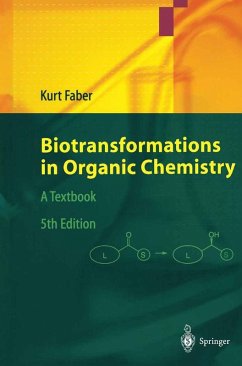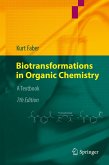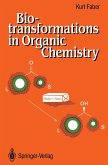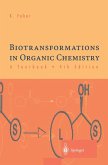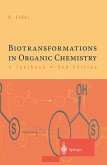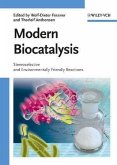The use of biocatalysts, employed either as isolated enzymes or whole cells, offers a remarkable arsenal of highly selective transformations for modern preparative organic chemistry. During the last decade, this methodology has now generally been accepted as a complementary method to the already existing tools. This first textbook on biocatalysis provides a basis for undergraduate and graduate courses in biocatalysis, as well as a condensed introduction into this field. After a basic introduction into the use of biocatalysts - principles of stereoselective transformations, kinetics, enzyme nomenclature and handling - the different types of reactions are explained according to the "reaction principle". The 5th edition...
From www.biochemist.org, 2/2005, Dr. Chris Hamilton, Queens University Belfast
"... To summarize, the book is comprehensive, well structured and easy to read either cover-to-cover or by just dipping into a particular topic of interest. It is a combination of a general introduction to the theoretical principles of synthetic biotransformations, an outline of the practicalities which need to be considered and a compact, yet comprehensive, review of discoveries and developments which have driven this field towards maturity over the past twenty years. I found it to be an informative and enjoyable read and would recommend it as a central textbook both for synthetic chemists already involved in biotransformations as well as a good starting point for those who have yet to take the plunge."
From www.biochemist.org, 2/2005, Dr. Chris Hamilton, Queens University Belfast
"... To summarize, the book is comprehensive, well structured and easy to read either cover-to-cover or by just dipping into a particular topic of interest. It is a combination of a general introduction to the theoretical principles of synthetic biotransformations, an outline of the practicalities which need to be considered and a compact, yet comprehensive, review of discoveries and developments which have driven this field towards maturity over the past twenty years. I found it to be an informative and enjoyable read and would recommend it as a central textbook both for synthetic chemists already involved in biotransformations as well as a good starting point for those who have yet to take the plunge."
Dieser Download kann aus rechtlichen Gründen nur mit Rechnungsadresse in A, B, BG, CY, CZ, D, DK, EW, E, FIN, F, GR, HR, H, IRL, I, LT, L, LR, M, NL, PL, P, R, S, SLO, SK ausgeliefert werden.

